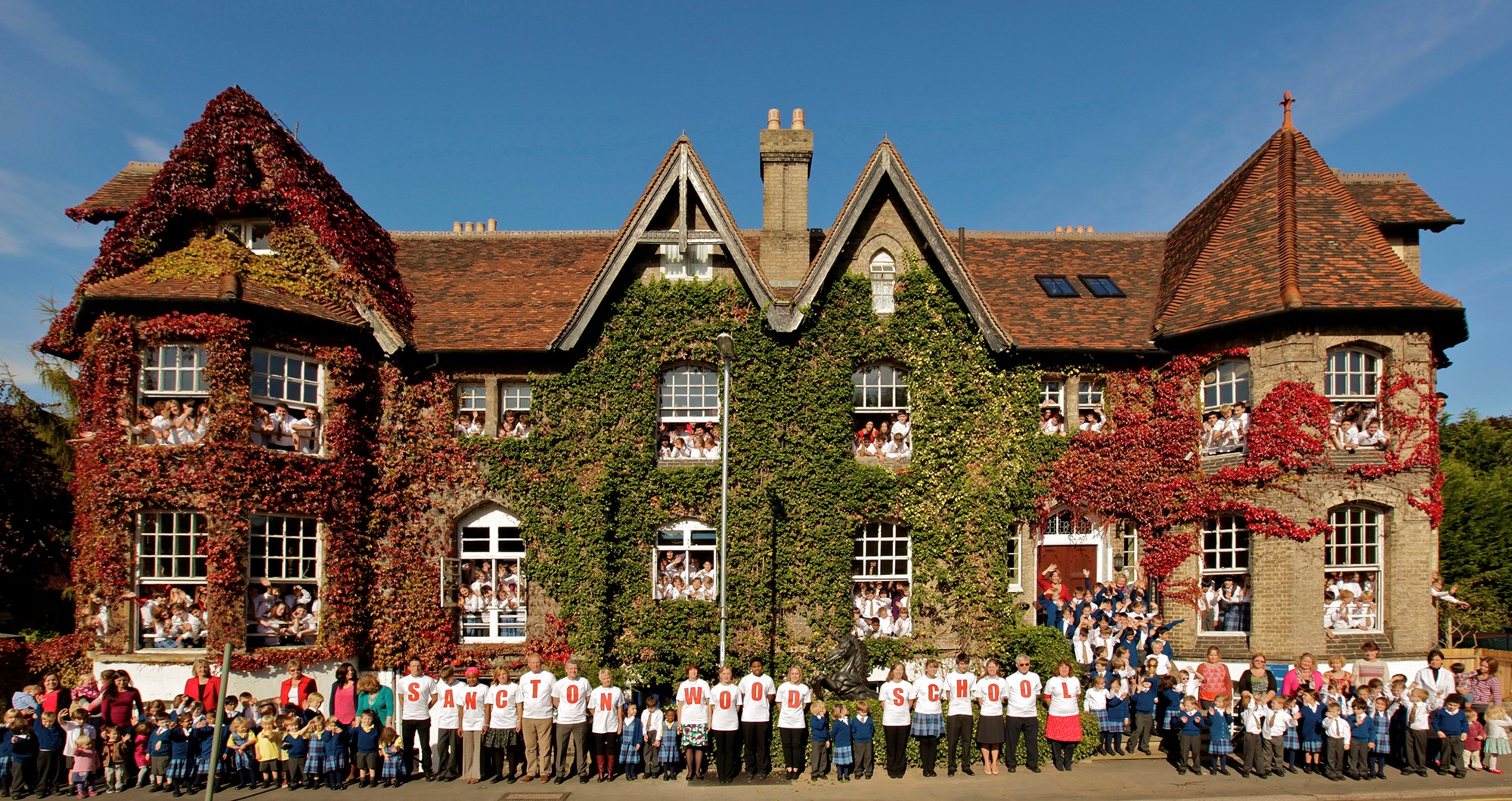Ban
Active Member
I struggle to view what is normally just considered good manners as anything other than manipulative. I can say please and thankyou without this feeling but once I start faking what I'm really feeling or what my thoughts are in order to keep someone happy and make a situation go my way I feel like I am manipulating the person. I am aware that other people don't consider this manipulation but I am often aware that someone is only doing what I want simply because I buttered them up correctly before I asked the favour or whatever and it makes me feel guilty as though I have my honest thing I want to say and then I'm adding a fictional narrative of feelings that don't exist around it which makes my thing be accepted where it wouldn't have by itself.
I find that I don't mind doing this with people I don't know and it creates much better outcomes for me but if I have any respect for someone I can't bring myself to what I consider to be manipulate them to create goodwill.
What I'm trying to understand is why does everybody else seem to be doing this but without any negative connotations? I don't think its useful that I feel this way because it stops me using what people would consider to be just normal manners. Is there something I'm missing or not understanding as to why its okay to manipulate the narrative you are presenting someone in a way that will create the most goodwill?
I find that I don't mind doing this with people I don't know and it creates much better outcomes for me but if I have any respect for someone I can't bring myself to what I consider to be manipulate them to create goodwill.
What I'm trying to understand is why does everybody else seem to be doing this but without any negative connotations? I don't think its useful that I feel this way because it stops me using what people would consider to be just normal manners. Is there something I'm missing or not understanding as to why its okay to manipulate the narrative you are presenting someone in a way that will create the most goodwill?
